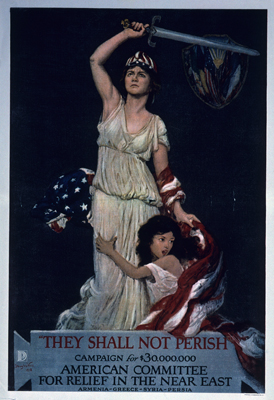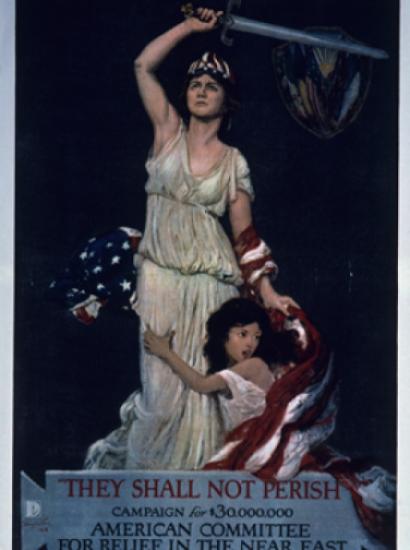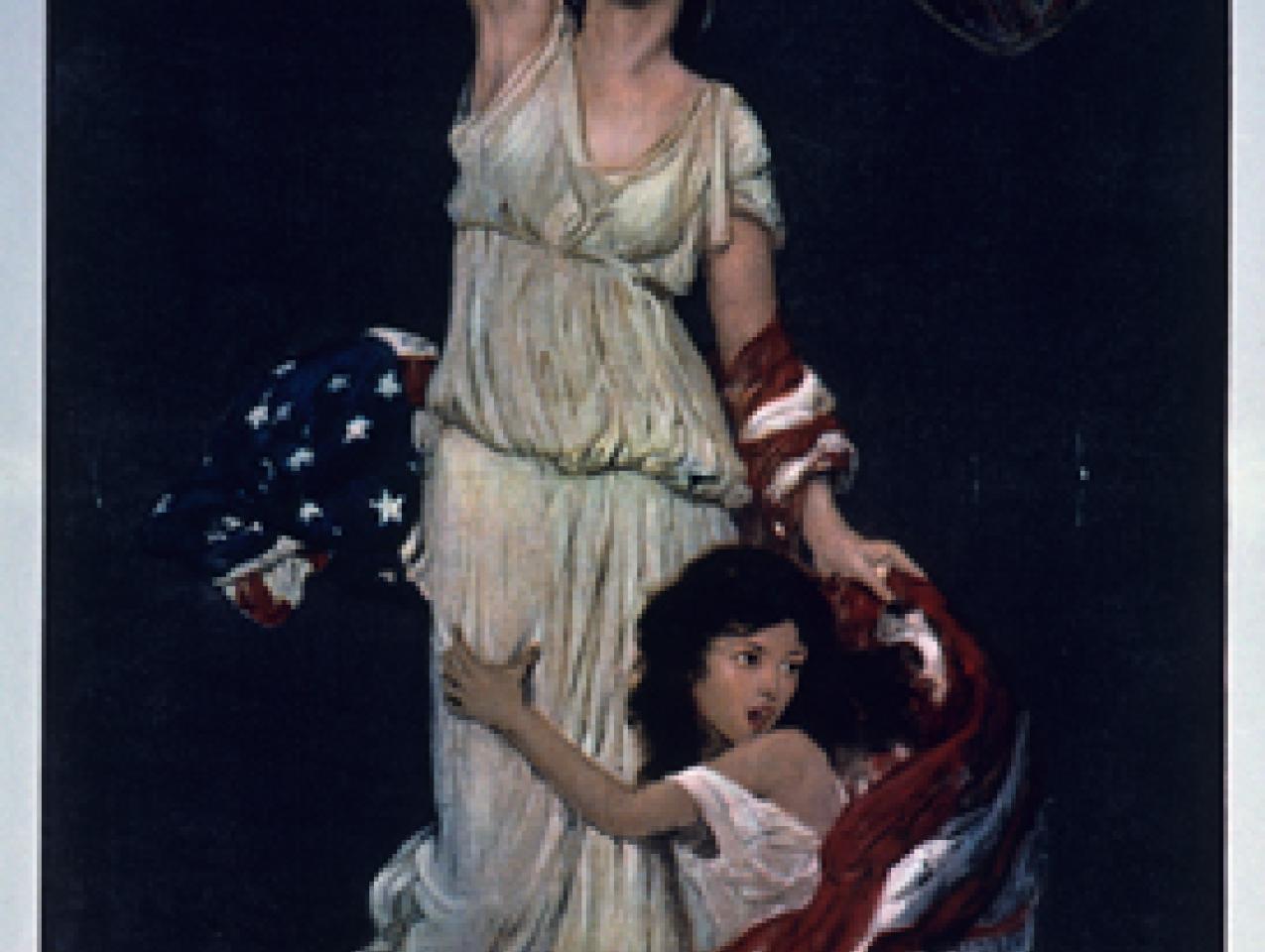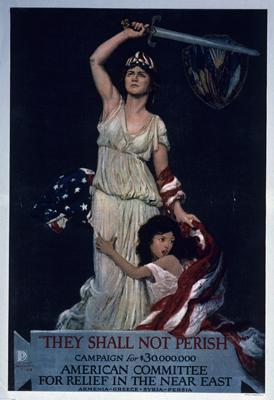- Security & Defense
- Terrorism
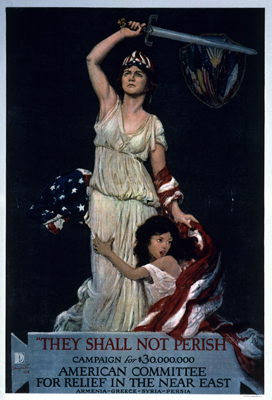
Since the decline of the Ottoman Empire, the story of the Middle East has been one of inconclusive struggles of the weak against the weak. That the Ottomans lasted as long as they did is in substantial measure a testament to the constant chaos of Arab and Persian politics. Generations of post-colonial nationalists have been entirely unable to create states capable of competing with modern European or East Asian powers; their inability to master the craft of large-scale conventional warfare is written in the history of Israel and the Iran-Iraq war of the 1980s.
Moreover, since the 12th-century days of Hassan-i Sabbah, the peoples of the region have been grandmasters of the arts of assassination, raiding, and other forms of irregular warfare. The “hashshashin” struck terror into the hearts of Christian Crusader and Seljuk Turk alike. The Islamic State—in the process of morphing back to a network after its heady years as a “caliphate”—and al-Qaeda simply are carrying on a hoary regional tradition.
Terror now, terror tomorrow, terror forever? Almost certainly.
Nonetheless, the collapse of the Islamic State in western Iraq and eastern Syria ought to pull away the shroud of post-9/11 confusion that has occluded the strategic vision of the United States and the West in general. By abstracting out a “war on terror” from the larger struggle for regional power, we have paralyzed ourselves into a kind of short-range target fixation. We’re violating Clausewitz’s first dictum: to understand the nature of the conflict.
The news from Raqqa, Mosul, and the borderlands between them offer increasingly vivid glimpses of this evolving regional struggle. As ISIS recedes, Russian, Iranian, Kurdish, Turkish, and American forces and proxies begin to face off. We’ve shot down Syrian strike fighters and Iranian drones. The Iranians launched a salvo of ballistic missiles over Iraq into Syria. The Russians have declared any coalition aircraft they spot flying west of the Euphrates River will be regarded as hostile. Things have gotten so tense that the Australians—along with the British our most steadfast battle-buddies since 9/11—have decided to suspend their participation in the Syria air campaign. After ISIS, eastern Syria and western Iraq won’t remain a vacuum or return to any kind of status quo. The land-grab has already started, and he who can seize and hold terrain—demonstrate enough conventional force and staying power—will emerge the winner.
This contest, too, is very much a struggle of the weak against the weak. In Damascus, the Assad regime has held on to power by the skin of its teeth; without Russian and Iranian help, they’d be lucky to be alive, let alone looking to project power into eastern Syria. Vladimir Putin has sent but 30 airplanes and perhaps 5,000 troops into the fight; as always, he’s played his hand boldly, but the value of his cards is limited. Iran, whose dreams of restored greatness and hegemony are the principal driver of the larger regional conflict, is strained by multi-front efforts. In the process, its best troops—the Quds Force or Hezbollah, for example—have suffered significant losses. Tehran finds itself caught in a transition, too: the mix of terrorists, guerillas, militias, and missiles that it has perfected for the last several decades is poorly organized, trained, equipped, or otherwise suited to the current moment, and the military investments and reforms that might be enabled in the wake of the Obama-era nuclear deal have yet to be accomplished. Hence the importance of Putin’s Legion; he’s seized the moment not only to reassert Russian strength against the United States, but to impress the local powers as well.
The Saudis are also clearly preparing themselves to take a larger role. Fearful of Iran, spooked by unforeseen changes in international energy markets and—Donald Trump’s orb-rubbing moment aside—uncertain of American commitment, Riyadh is throwing its traditional caution to the wind. The elevation of Mohammed bin Salman to crown prince may end the sclerosis of Saudi domestic politics, but it also reflects a hardening of the strategic heart; as defense minister, “MBS” has been the architect of the brutal campaign in Yemen.
The attacks of September 11, 2001 caught America unprepared—not only to combat the reach of modern terror groups, but also to understand the historical political goal that motivated them: the reordering of the House of Islam, particularly in its Arab heartland. The divide between al-Qaeda and ISIS is one of ways and means, not ends, and it seems likely that ISIS will not only survive but continue to prosper as a terrorist organization, a virtual rather than physical caliphate.
The temptation, post-Raqqa, post-Mosul, to declare “mission accomplished” will be no less powerful for Americans now than it was in 1991, 2003, or 2011. It’s not just the terror war that will continue but a much larger and more important conflict for which we remain unprepared. Even beyond the tactical, operational, and strategic challenges the Middle East war presents, it begs for domestic political leadership.







